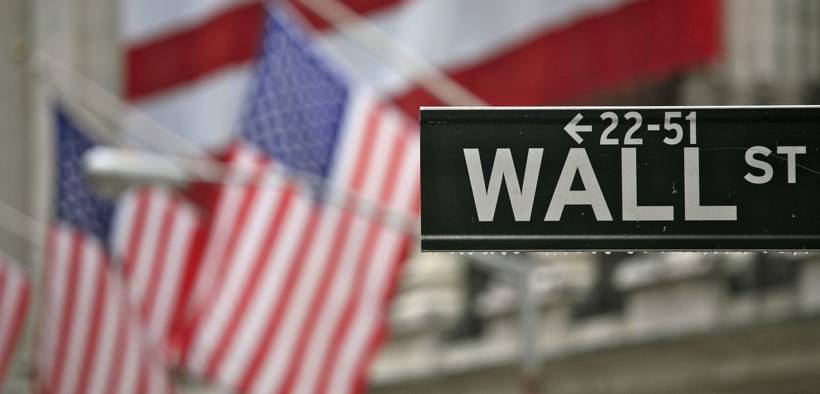Leaked FBI Memo Warns Private Equity And Hedge Funds Are Threats For Money Laundering

“With private debt funds, there is no bank involvement and no involvement with any institution subject to regulatory review. No information seeps out of this black hole.”
The U.S. Federal Bureau of Investigation warned in a leaked memo from May that the almost $10-trillion private investment funds industry is an ample target for large-scale money laundering, citing at least four cases of reported laundering schemes involving hundreds of millions of dollars in the largely opaque private equity and hedge fund industries.
“Hedge funds and private equity firms have been used to facilitate transactions in support of fraud, transnational organized crime, and sanctions evasion,” noted the bulletin, adding that shell companies are often used to obfuscate money flows and evade regulatory detection.
Money laundering is the process of concealing the origins of money generated by illegal activity, generally through a complex series of financial transactions, to make it appear as if it came from a legitimate source. Eileen Appelbaum, co-director at the Center for Economic and Policy Research and author of Private Equity at Work: When Wall Street Manages Main Street, explained to Citizen Truth that the private equity industry is particularly susceptible to money laundering because of its opacity and lack of oversight.
“Private equity funds are famous for the lack of transparency about where the money that they invest comes from, where they invest it, and how they extract profits from the portfolio companies they acquire. This secrecy makes the private equity industry a tempting target for money laundering. There is little regulatory oversight and no rules requiring PE funds to adopt anti-money laundering programs.”
“We do learn something about PE funds’ activities when they borrow from banks or from the public, as these activities are regulated,” Appelbaum told Citizen Truth. “But PE funds are able to avoid even this level of disclosure. A recent development has been the growth of private debt funds. If this FBI report is current, they are behind the times. These new PE sponsored debt funds are more opaque and more susceptible to dirty deeds than traditional buyout funds that use investors money to buy companies. With private debt funds, there is no bank involvement and no involvement with any institution subject to regulatory review. No information seeps out of this black hole.”
Private equity firms and hedge funds have sustained heavy scrutiny in recent years for fraud, predatory behavior, and inaction against money laundering threats. Yet despite the F.B.I.’s warning that government regulators are failing to provide oversight of these investment funds, no serious action has been taken to rein in their worst practices. Notably, the hedge fund and private equity industries contain some of the biggest donors to both of the major political parties.
The Trump administration’s consistent efforts to deregulate the financial sector, as well as potential future president Joe Biden’s recent pledge to his Wall Street donors that he’s not proposing any legislative change to corporate behavior, lend little hope that top-down policies will illuminate this black hole. However, a landmark intervention by Kentucky’s Attorney General on Wednesday in a suit against private equity firms Blackstone and KKR could “tear open the veil of secrecy surrounding the private equity and hedge fund industries”, according to journalist David Sirota.
Another issue that could bring systemic financial malfeasance to public attention, notes Pam and Russ Martens of Wall Street on Parade, is the Ghislaine Maxwell case. Jeffrey Epstein was a hedge fund manager who operated a litany of shady, opaque investment companies, and whose former Wall Street business partner referred to him as a “criminal mastermind” that helped him run a “criminal investment enterprise.”







